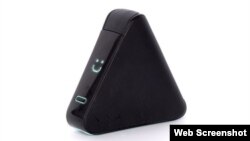My husband is a Celiac, and can't eat ANY wheat or gluten whatsoever. If he does, he gets deathly ill, stomach problems as well as a terrible skin rash that drives him mad. Over the years, we've adapted to the gluten free diet very well, but I'm always looking for new, tasty recipes that can be made with everyday ingredients, not some exotic thing that no one ever eats and your supermarket doesn't even carry... LOL.
As an aside, I, myself, have lately decided to avoid wheat as much as possible. I've been reading quite a bit about wheat allergies or intolerance, even for people who don't have celiac disease. Seems like every time I eat white or wheat bread or pasta, my arthritis pain flares up terribly... my joints feel like they're on fire. I'm starting to put the two together, finally, and am going to continue to avoid those foods as much as possible.
Anyone else here in the same boat?
As an aside, I, myself, have lately decided to avoid wheat as much as possible. I've been reading quite a bit about wheat allergies or intolerance, even for people who don't have celiac disease. Seems like every time I eat white or wheat bread or pasta, my arthritis pain flares up terribly... my joints feel like they're on fire. I'm starting to put the two together, finally, and am going to continue to avoid those foods as much as possible.
Anyone else here in the same boat?


